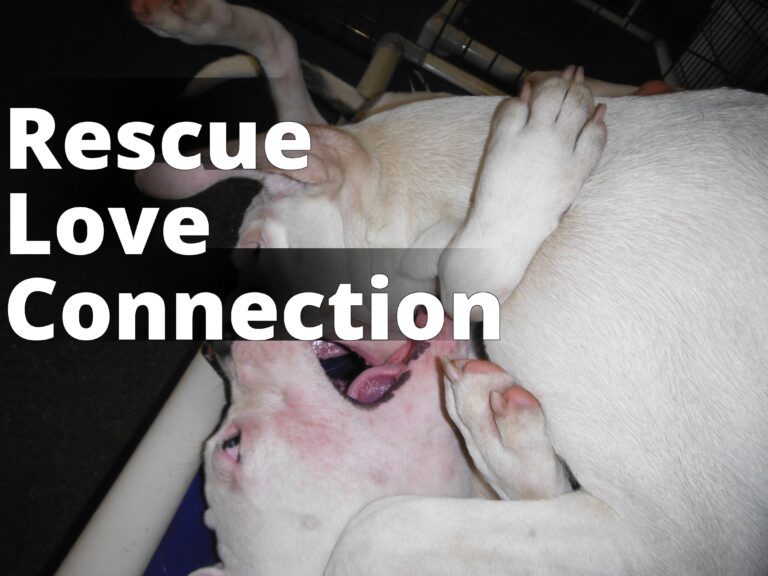Go Back to Shop
All CategoriesAnimal careAnimal House Pet ServicesAnimalsAnimals and humansAnimals and PetsBirdBirdingBirdsBloggingCatCatsDogDog adoptionsDog and Animal CareDog BreedsDog CareDog ChewsDog foodDog LoversDog OwnershipDog Sexdog toysDog TrainingDogsDomesticated animalsFoodGuinea pigHealthHousehold petsHow to care for your petKittenLovebirdMouseMouse ToysOtherPetpet carePetsRabbitRatReptilesSnailSubspecies of Canis lupusUncategorized
Welcoming Your Fur Baby Home: Essential Pet Care Power Tips
by Warlax
How to care for your pet
There are a few things you need to do every day if you want to take good care of your dog. Feed them, give them water, walk them, and clean up after them. But there are also some specific things you should do when they’re sick or have an accident. Here are six tips for taking care of your furry friend:
-
Keep feeding schedule regular
If your dog is eating regularly and their food is fresh, they will be less likely to develop stomach problems or obesity. A healthy diet includes proteins, carbohydrates, vitamins and minerals. You can find the right food for your dog by reading the ingredients list on the package or checking with a vet before making any changes to their diet.
-
Exercise regularly
Dogs need exercise as much as we do! Exercising not only helps keep their muscles toned but also relieves stress which can make dogs more prone to illness. If you can’t take your dog outside on a daily basis, try going for a short walk around the block instead – it’ll still help keep them fit!
-
Clean up after yourself and your pet
It’s important that both you and your pet understand that accidents happen – even dogs have accidents sometimes! Make sure to clean up any messes made immediately so that bacteria doesn’t spread and cause sickness in either of you. And always remember to praise your pup when they go potty outside – it’ll encourage good habits in the future!
-
Get vaccinated against common diseases
Your pooch might be vaccinated against distemper (a fatal virus), hepatitis (a liver infection), parvo (a highly contagious virus that affects puppies younger than eight weeks old), rabies (an infectious disease caused by infected animals), leptospirosis (a bacterial infection that affects the kidneys) and Bordetella bronchiseptica (an upper respiratory tract infection). Talk with their veterinarian about whether additional vaccinations are necessary based on his lifestyle such as outdoor activity and what type of vaccines he has received previously.
-
Have regular check-ups with their veterinarian
Even healthy pets require veterinary check-ups from time-to-time just like humans do especially if they’ve been getting older or if there’s been a change in their health status such as weight gain/loss, new symptoms appearing etc.. Regular visits will allow veterinarians to monitor vital signs including blood pressure, heart rate, temperature etc., while also screening for potential medical issues such as cancer or kidney disease. Plus getting routine exams means less worry down the road!
-
Don’t hesitate to call us if something goes wrong






Leave a Reply